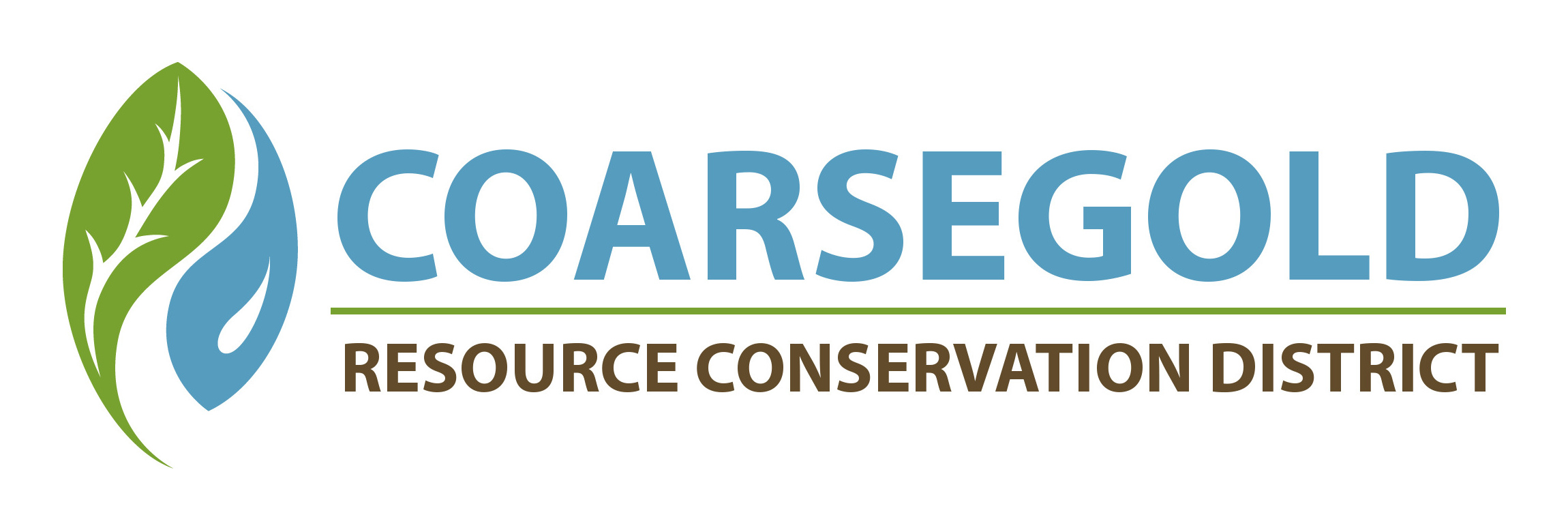Conserving Natural Resources
in Eastern madera county
Check out the Madera County Firewise USA® Program available for property owners & current conservation projects.
CRCD Local Resources Guide
current job Opportunities
Board Meeting Agendas & Minutes
Our Mission
The mission of the Coarsegold Resource Conservation District is to promote, protect, and improve the diverse natural resources of Eastern Madera County.
CRCD News Updates
Happening Now
CRCD EXECUTIVE SESSION 03-07-2024
Coarsegold RCD is hosting an Executive Session to discuss staffing on March 7th, 2024 from 3:00-6:00pm at the Raley’s Conference Room. 40041 CA-49 #49, Oakhurst, CA 93644
